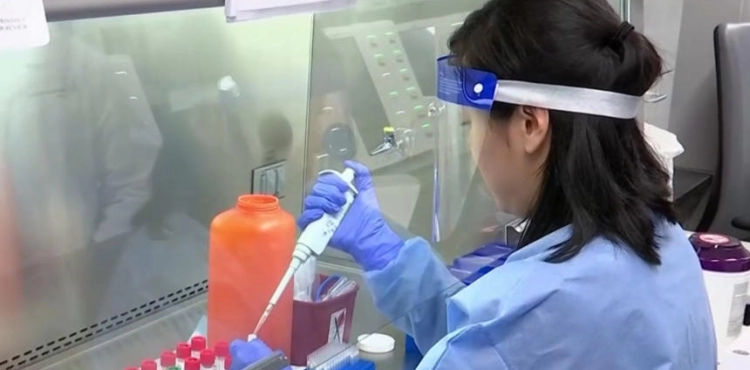China has started the first phase of clinical trials on a new vaccine for Corona virus, according to what the records showed, as world scientists race to find a way to overcome the deadly virus.
This comes after US health officials said last week that they had started a trial to evaluate a possible vaccine in Seattle.
According to the record of clinical trials in China on March 17, Chinese efforts to produce a vaccine began on March 16, the same day the United States announced the start of trials, and is expected to continue until the end of the year.
"The volunteers for the first phase of the trials began to receive the vaccine," a staff member involved in the government-funded project told AFP on Sunday.
He added that participants between the ages of 18 and 60 will be tested in three groups, where they will be given different doses.
They are all residents of central China´s Wuhan city, where the deadly virus first appeared late last year.
With the spread of the Covid-19 epidemic and governments stepping up protection measures, pharmaceutical companies and research laboratories around the world are working hard to try to find a vaccine.
There are currently no approved vaccines or treatments for the new virus, which has so far killed more than 13,000 people.
The announcements of the vaccine experiments come amid escalating disagreement between the United States and China over the epidemic, as President Donald Trump angered Beijing by talking about the "Chinese virus."
The Chinese national newspaper "Global Times" published an opinion article last week saying that "developing a battle vaccine that China cannot afford to lose."
However, it is expected that it will take time to reach a vaccine, and the candidate American vaccine may take another year to 18 months before it becomes available.
The remedial treatment, manufactured by the US-based Gilead Corporation, is in the final stages of clinical trials in Asia, and doctors in China said it has proven effective in fighting the disease.
But only randomized trials will allow scientists to know if this treatment is really beneficial or whether patients will recover without it.












